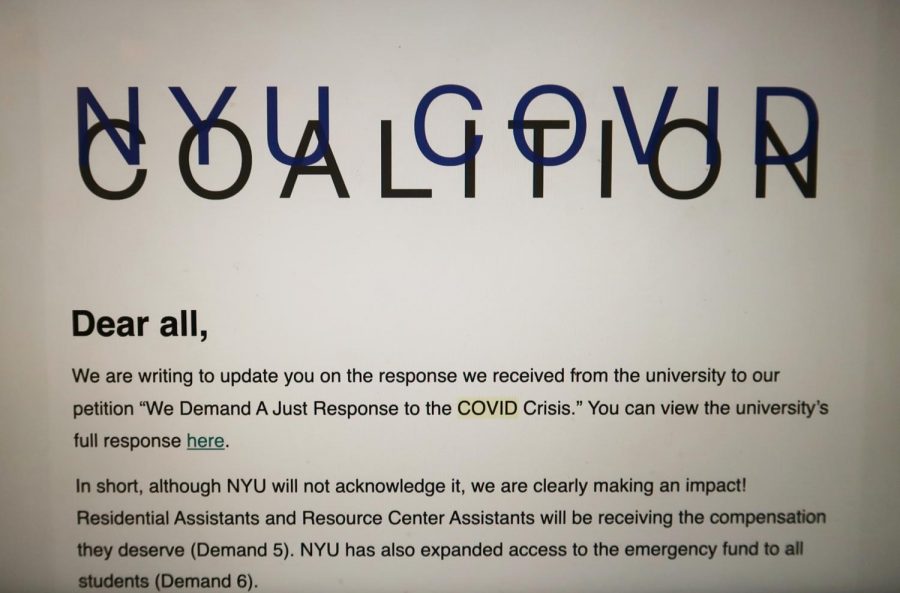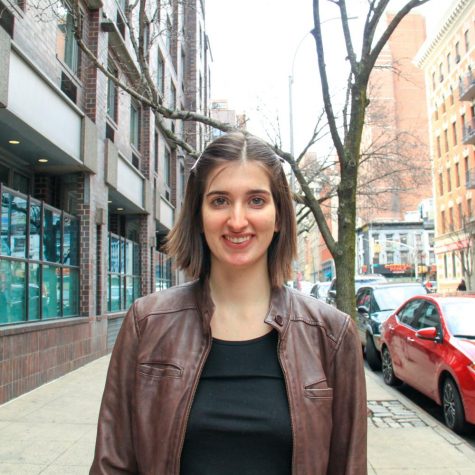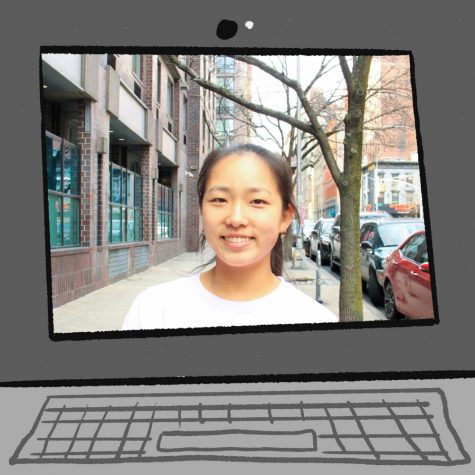The NYU COVID-19 Coalition — a student activist organization — demanded a meeting with university officials in its most recent letter to NYU President Andrew Hamilton sent on Tuesday, April 7. The letter continued to lobby for greater support from the university as COVID-19 continues to affect community members.
The coalition was founded out of dissatisfaction with the university’s response to COVID-19. On March 17, the coalition sent its petition to NYU President Andrew Hamilton outlining a list of 18 demands, ranging from reimbursement of all tuition and fees for students to hazard pay for essential university workers. The letter has 23 group signatories and over 1,000 individual student signatures at the time of publication.
Among the demands listed, the petition asks the university to ensure access to healthcare for all university community members, housing for all students, compensation for evicted resident and resource center assistants and protection for disabled students. It also dictates that a universal pass model and tuition reimbursements should be instated. For university employees, the petition says there should be ensured continuity of pay and job security, indefinite paid sick leave and hazard pay for essential workers still on campus.
The petition also insisted that NYU should bear the financial burden brought on by COVID-19, rather than students and employees.
“We know that even accounting for the loss of tuition and housing payments due to closing campus, the university has vast financial resources that are sufficient to guarantee the wellbeing of all workers and students during this time,” the petition reads. “We, therefore, demand that the university shoulder whatever burdens it can. NYU students and workers will not bear the costs of these changes; in fact, we cannot afford to.”
Since the pandemic began, students have been kicked out of the dorms and have faced enormous financial and emotional burdens as they navigate the new world of social distancing and virus prevention. Liberal Studies first-year Jenna Elsetouhy, a COVID-19 Coalition supporter, commented on why she became involved with the movement.
“The continuing issue is how in the dark we’ve been left by all of this and how it is that we can reach out and get help, but we shouldn’t have to reach this far to get help when we’re paying so much,” Elsetouhy said. “We’re 18,19, 20, we’re young adults. We don’t know how to navigate all of this and at a time like this we shouldn’t have to reach for help, it should just be given to us.”
Coalition supporters believe the university still has a responsibility to look out for students and return tuition funds for lost resources. One of these supporters is Global Liberal Studies junior and coalition supporter Mika O’Malley.
“The university is responsible for these students for a certain amount of time,” O’Malley said. “We’ve signed our contracts, we’ve paid our money — we pay this exorbitant tuition to have this fantastic education, these support systems, these things we’re paying a private education tuition for. And for the university to shut that all down and say ‘we’re keeping the money’, that doesn’t make sense.”
On March 31, NYU spokesperson John Beckman responded to the petition on behalf of President Hamilton, which was posted on the coalition’s Instagram. Beckman’s response opened with well wishes to students and went on to say that university officials were in regular contact with elected student representatives, a commentary which coalition members felt was dismissive of their authority to communicate with administration.
“The implication that the signatories to our petition are not representatives of the university is completely false,” the coalition’s response to Beckman’s letter retorted. “In addition to over 1,100 individual signatories, our group signatories include two dozen organizations who are rightful representatives of the student body.”
Beckman’s response outlined the steps the university has taken so far to address the challenges presented by COVID-19, including expanding pass/fail options, offering housing refunds, continuing to pay employees and establishing an NYU Emergency Relief Fund. The response said the university took these steps of its own volition, a notion the coalition disagreed with in its return letter.
“It is necessary to point out that many of these actions (paying the RAs, expanding the emergency fund) are the product of coordinated pressure — including petitions and individual demands — on the part of students and staff,” the coalition’s April 7 letter retorted.
One coalition supporter, GLS junior David McDowell, said the administration’s response was characteristically obtuse.
“It’s this sort of quote-unquote ‘promise’ of understanding and compassion, but it also lacks a really important thing that we’re trying to get out of this and that’s transparency and accountability,” McDowell said. “There’s no real definitive points that have been stated; nobody has made a proclamation of we can’t give you X demand for X reason, and I think that’s more in line with what we’d be looking for. If we give them structured demands, we would also like a structured response.”
The coalition’s response letter concluded by stating it would continue to advocate for the petition’s 18 demands and insisted upon an open line of communication with university officials, starting with a meeting to discuss the feasibility and implementation of the demands.
The coalition has received wide support from the student body and other activists, including Students Demanding Care, a group also urging the university to do more to protect and support students with the unavoidable burdens of the pandemic.
The group sent its own letter to President Hamilton on Thursday, April 9, reinforcing the coalition’s points.
“We are disappointed to see that despite NYU’s extensive endowment and resources, students have been left to absorb a majority of the costs since your response began,” the letter reads. “Refunding meals, housing, and the COVID emergency relief fund do not begin to cover the depth and scope of the issues raised by this pandemic.”
SDC highlighted key demands: tuition refunds and freezes, guaranteed pay and job security for all NYU community members and institutional structural changes including student and faculty representation on the board of trustees, a crisis management plan and accessible healthcare for all students.
Many students feel that groups like the NYU COVID-19 Coalition and Students Demanding Care are valuable ways to feel their voices are being heard. McDowell said he began supporting the coalition because a group would be harder for administration to ignore than an individual. He commented on what motivated him to get involved.
“The handling of how our academics are being moved online and there’s this insistence that we’re still supposed to be working at full capacity, you know aiming for our As, even though we’re all under these very difficult circumstances,” McDowell said. “And then to top it all off, when we try to speak to the administration about it they’re rather dismissive, they dodge questions, they don’t really give us more insight than we had before. It seems very ‘keep your head down just finish the semester.’”
A version of this article appeared in the Monday, April 13, 2020, e-print edition. Email Emily Mason at [email protected].

















































































































































